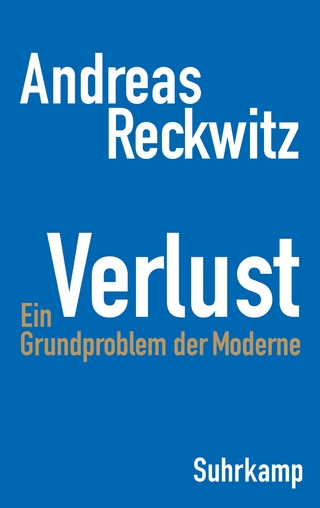
Social Exclusion in Great Britain
An Empirical Investigation and Comparison with the EU
Seiten
2019
Routledge (Verlag)
978-0-8153-9711-3 (ISBN)
Routledge (Verlag)
978-0-8153-9711-3 (ISBN)
Originally published in 2005. This key work addresses social exclusion, employing data from a nationally representative survey of British households to quantify levels of social exclusion and the composition of the socially excluded population.
Originally published in 2005. In Great Britain, the reduction of social exclusion has been at the forefront of New Labour's social policy since 1997. However, there is ambiguity about what the notion of social exclusion actually encompasses, caused in part by the limited extent of attempts to measure and understand social exclusion empirically. This key work addresses this problem, employing data from a nationally representative survey of British households to quantify levels of social exclusion and the composition of the socially excluded population. It also incorporates data from a European Commission-funded household survey to compare social exclusion in Great Britain with eleven other countries in the European Union. In the book, Matt Barnes argues that social exclusion refers to enduring disadvantage on a wide range of living standards, not just those that reflect economic values. As well as looking at standard measures of poverty he looks at more relational measures of disadvantage such as neighbourhood discontent and social isolation, in order to determine exclusion from the economic, social and cultural systems that determine the integration of a person in society.
Originally published in 2005. In Great Britain, the reduction of social exclusion has been at the forefront of New Labour's social policy since 1997. However, there is ambiguity about what the notion of social exclusion actually encompasses, caused in part by the limited extent of attempts to measure and understand social exclusion empirically. This key work addresses this problem, employing data from a nationally representative survey of British households to quantify levels of social exclusion and the composition of the socially excluded population. It also incorporates data from a European Commission-funded household survey to compare social exclusion in Great Britain with eleven other countries in the European Union. In the book, Matt Barnes argues that social exclusion refers to enduring disadvantage on a wide range of living standards, not just those that reflect economic values. As well as looking at standard measures of poverty he looks at more relational measures of disadvantage such as neighbourhood discontent and social isolation, in order to determine exclusion from the economic, social and cultural systems that determine the integration of a person in society.
Matt Barnes
Contents: Towards an empirical operationalization of social exclusion; The operationalization of social exclusion: theoretical and policy approaches; Developing a set of quantitative indicators of social exclusion for Great Britain; Investigating the multi-dimensional nature of social exclusion in Great Britain; Investigating the longitudinal nature of social exclusion in Great Britain; Identifying social exclusion in Great Britain during the 1990s; Social exclusion in Europe: comparing the UK to other European Union Member States; Operationalizing social exclusion: implications for research and policy; Bibliography; Appendices; Index.
| Erscheinungsdatum | 26.12.2017 |
|---|---|
| Reihe/Serie | Routledge Revivals |
| Verlagsort | New York |
| Sprache | englisch |
| Maße | 156 x 234 mm |
| Gewicht | 453 g |
| Themenwelt | Sozialwissenschaften ► Soziologie |
| ISBN-10 | 0-8153-9711-9 / 0815397119 |
| ISBN-13 | 978-0-8153-9711-3 / 9780815397113 |
| Zustand | Neuware |
| Haben Sie eine Frage zum Produkt? |
Mehr entdecken
aus dem Bereich
aus dem Bereich
Ein Grundproblem der Moderne | Die erste umfassende Studie zum …
Buch | Hardcover (2024)
Suhrkamp (Verlag)
CHF 44,75


